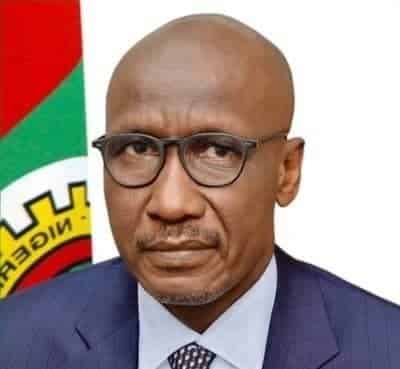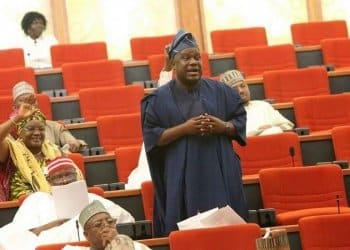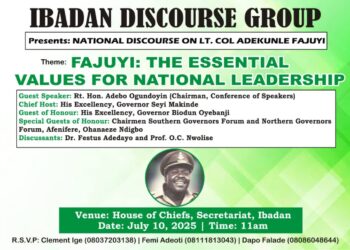Mele Kyari, group chief executive officer of Nigerian National Petroleum Company Limited (NNPCL), allayed Nigerians’ concerns on Thursday over the country’s escalating prices for Premium Motor Spirit, also known as petrol.
The head of NNPC predicted that competition between significant oil industry participants would drive down petrol prices rather than the increasing trends that have sparked nationwide concern.
REPORTERS AT LARGE reported that lines have formed again at gas stations nationwide due to the recent petrol price hike at the pump brought on by the end of petroleum subsidies.
The NNPC announced earlier on Wednesday that it had changed the price of petrol at the pump to reflect market conditions. However, the agency did not announce the updated pricing.
However, many retail establishments in Lagos, Abuja, Ogun, and other states offered the product for between 600 and N800.
Additionally, discussions between the Federal Government and organised labour over the removal of fuel subsidies came to a standstill on Wednesday due to their inability to agree in the wake of oil marketers’ increase in the price of petrol at the pump to over N700 from N195 per litre.
In an interview with Arise TV’s Morning Show on Thursday, Kyari said eliminating subsidies would permit new entrants into the market, a move that would help competition and gradually phase out monopoly.
According to him, doing so would ensure healthy competition, ultimately resulting in a more favourable review of the petrol costs at the pump across the nation.
However, many retail establishments in Lagos, Abuja, Ogun, and other states offered the item for between 600 and N800.
Additionally, discussions between the Federal Government and organised labour over fuel subsidy removal came to a standstill on Wednesday due to their inability to agree in the wake of oil marketers’ increase in the price of petrol at the pump to over N700 from N195 per litre.
In an interview with Arise TV’s Morning Show on Thursday, Kyari said eliminating subsidies would permit new entrants into the market, a move that would help competition and gradually phase out monopoly.
According to him, doing so would ensure healthy competition, ultimately resulting in a more favourable review of the petrol costs at the pump across the nation.
Therefore, you will see competition, even with NNPC. By the way, by law, NNPC cannot do more than 30 percent of the market going forward. As soon as the market stabilises, oil marketing companies can come in.
“Competition will come in and the market will regulate the prices itself. Therefore, this is just an instantaneous price and within a week or two, you will continue to see different prices because of different approaches from major players, companies have different approaches to it and competition will guide that. Ultimately, you’d see changes downwards and it is very likely because efficiency will come in.
“As soon as competition comes in, people will become more efficient in their depots, in managing their trucks and in managing their fuel stations so that people can come to their stations. And it is showing already, right now, you will see motorists going to stations where they can have price differences, so this will regulate the market and on its own, the price will come down naturally and I don’t see any doubt about this.”
The NNPL boss responded, “This is the reality of the market,” when asked why petrol stations increased their pump price when they still had in-store products that had already been given subsidies. Not just petroleum, but every commodity is covered.
“It could have gone either way, prices could have fallen and those holding the old stock would have had to sell at lower prices to reach market conditions,” he continued.
“This is a stock management issue, which is fairly common, and there is nothing unusual or serious about it; nobody can change it.
“The prices we are seeing today at our station are the current price of the commodity. This means that prices in the market can go down at any time and of course, the market will adjust itself.”










